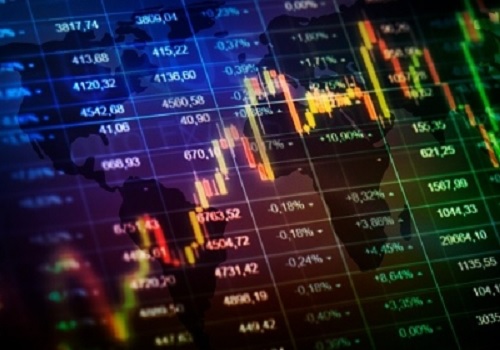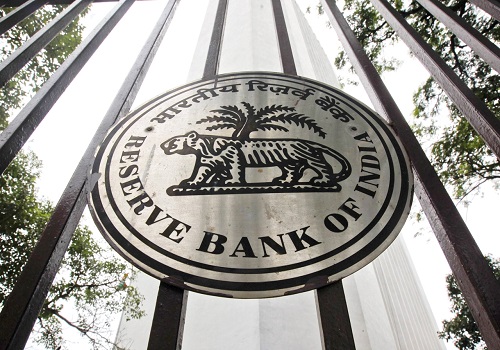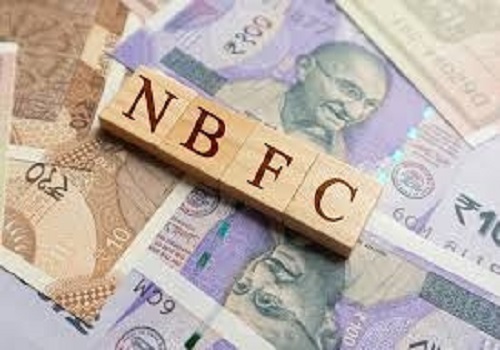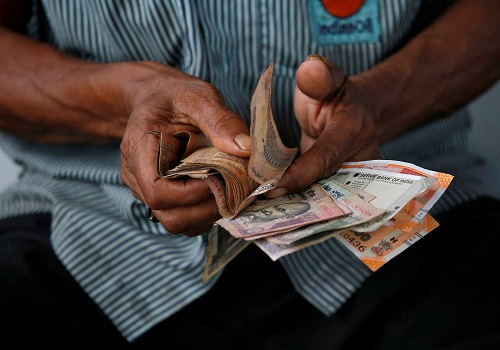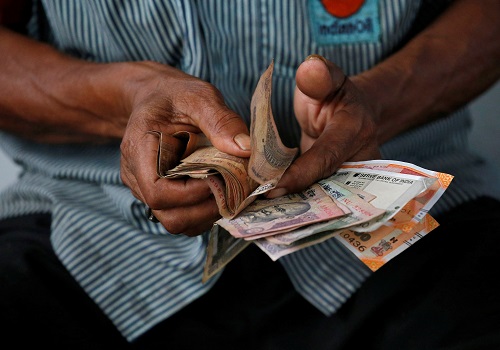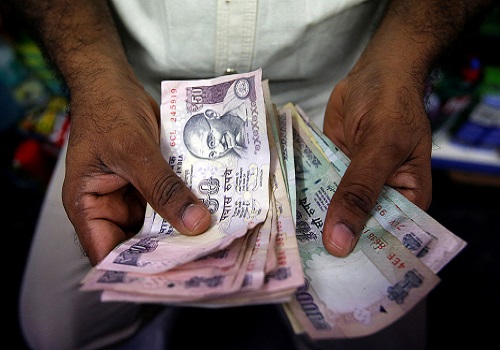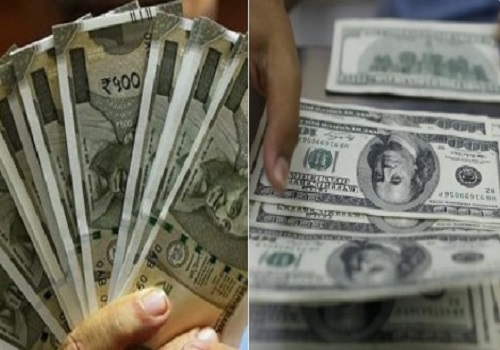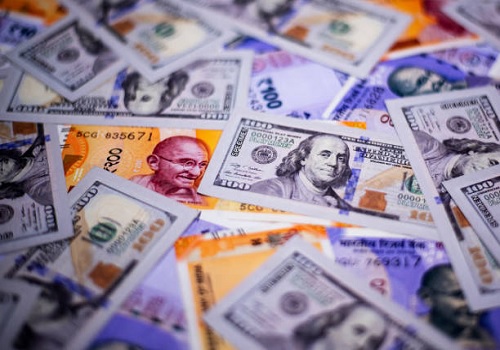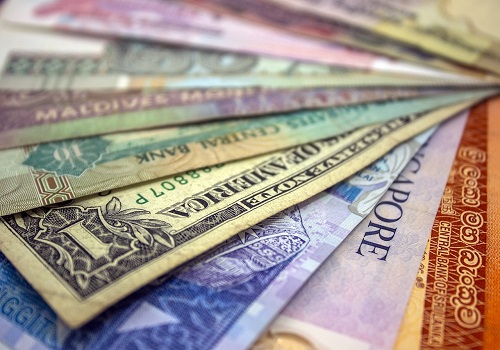Dollar in doldrums amid Ukraine hopes while traders mull Fed outcome
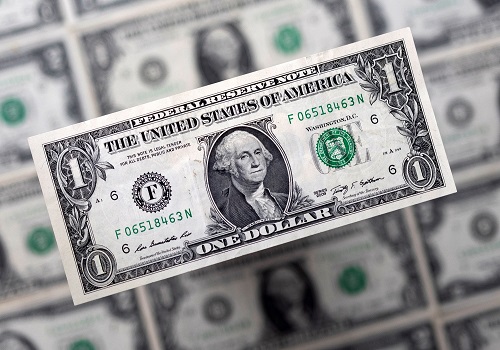
TOKYO - The U.S. dollar headed for its first down week in six versus major peers on Friday, languishing near a one-week low, as investors continued to assess the impact of the start of the Federal Reserve rate increase cycle this week.
The safe-haven greenback also lost traction - while the euro benefited - as traders stayed optimistic for an end to the war in Ukraine as talks continued between Moscow and Kyiv, although progress on Thursday was elusive.
Sentiment also lifted after Russia avoided default on dollar-denominated debt.
A phone call between U.S. President Joe Biden and Chinese leader Xi Jinping later on Friday, with the U.S. warning China not to provide support to Russia, added a further layer of geopolitical risk.
Meanwhile, sterling ticked higher and remained on track for its first winning week in four, overcoming the hiccup from the Bank of England's dovish comments after raising rates for a third consecutive meeting on Thursday.
"A more favourable diplomatic backdrop between Russia-Ukraine appears to developing (and) there's more (dollar index) downside to be had if momentum moves toward a ceasefire," Westpac strategists wrote in a client note.
However, the index still looks headed to 100 and above as the Fed's hiking cycle progresses, they said.
The dollar index paused for breath on Friday, standing at 98.035 after declining every other day this week, and set for a 1.09% loss over the period. It dipped to 97.724 on Thursday for the first time since March 10.
The dips came despite the Federal Open Market Committee on Wednesday signalling the equivalent of a quarter-point increase at each of its six remaining policy meetings this year, leaving investors racing to work out how much monetary tightening the economy can handle.
"A well-worn market axiom, that says sell USD on the first Fed rate hike, is circulating with added momentum after USD's failure to rally in the wake of this week's indisputably hawkish FOMC," TD Securities analysts noted in a research report.
Meanwhile, the continuation of peace talks even as fighting still rages in Ukraine has seen demand for safe havens like the dollar dry up, while the euro has rebounded from last week's nearly two-year trough, on track for its first weekly gain since the start of last month.
The single currency was little changed at $1.10885 on Friday, but up 1.67% for the week.
Sterling added 0.11% to $1.31585, putting it on track for a 0.92% weekly advance, despite the BoE softening its language around the need for future rate hikes to "might be appropriate" from "likely to be appropriate."
The risk-sensitive Australian dollar edged 0.07% higher to $0.73815, putting it on track for a 1.21% weekly advance. That would make it six winning weeks out of the past seven, after notching a 1.07% decline last week.
The yen weakened slightly to 118.705 per dollar ahead of a Bank of Japan policy decision later on Friday, when officials look set to maintain ultra-accommodative monetary settings.
The widening policy gap with the Fed pushed the yen to a six-year high at 119.13 on Wednesday. It's on course for a 1.15% weekly decline, following a 2.26% slump the previous period, which was its worst in two years.

